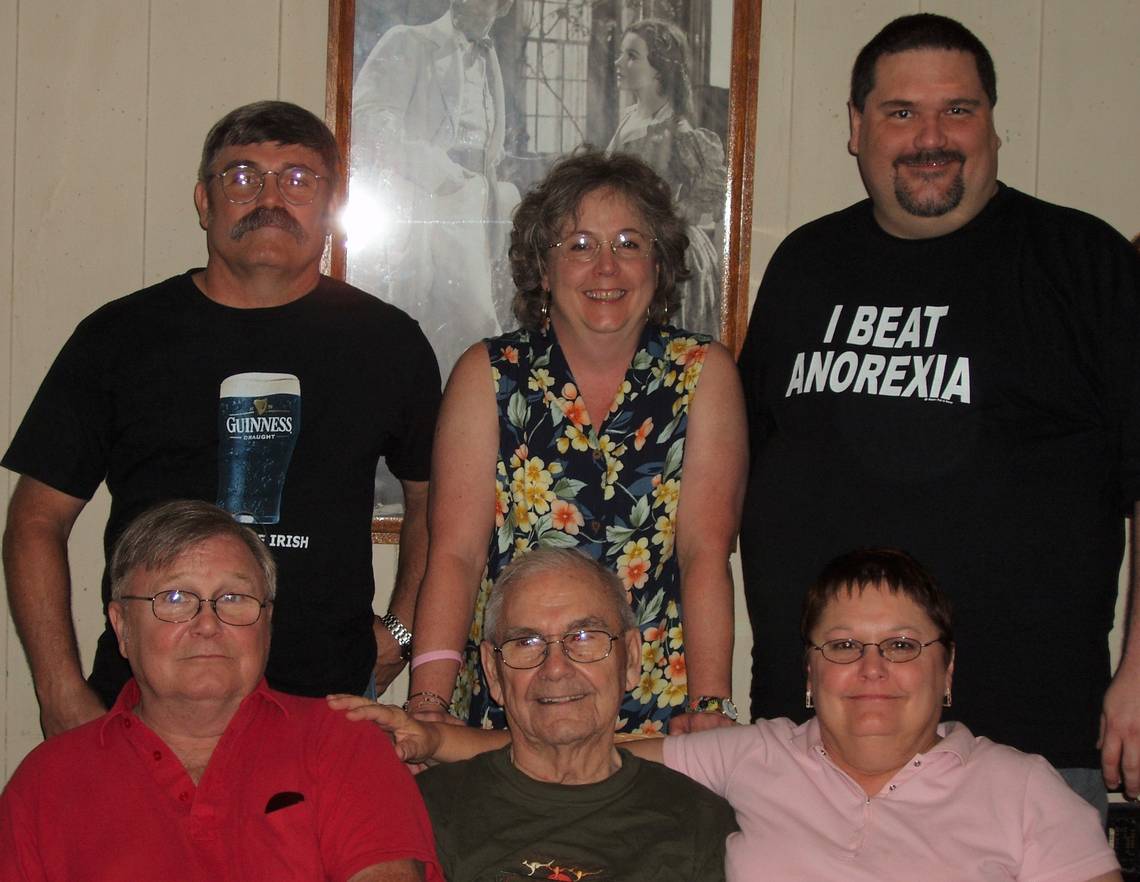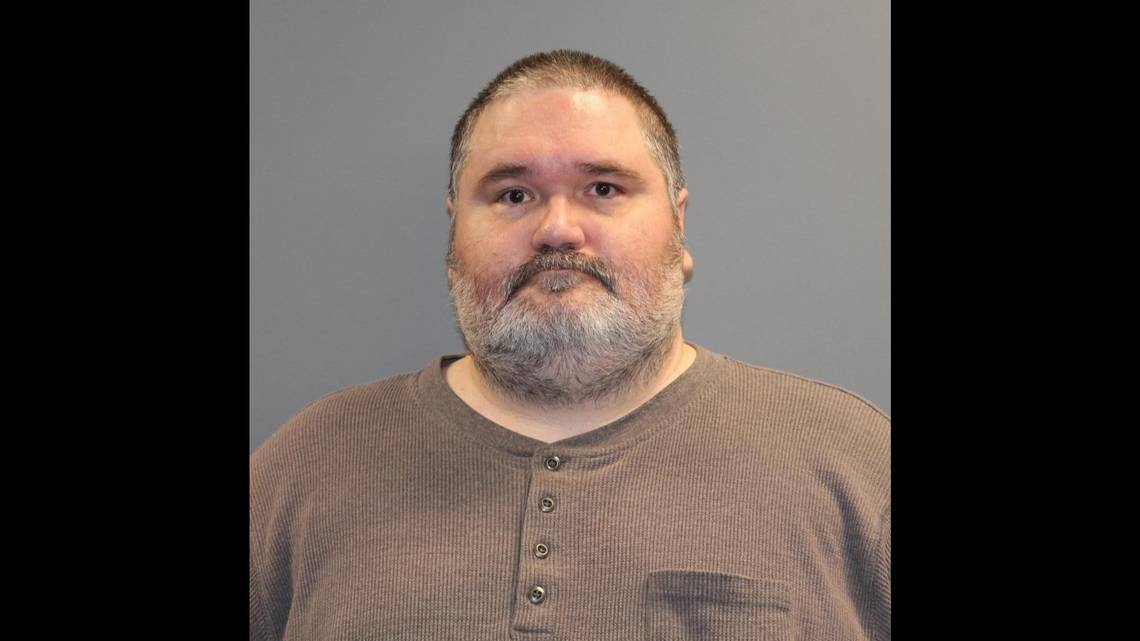Five Months and Still No Answers for Family of Incarcerated Mascoutah Priest Who Died
By Teri Maddox
CORONER WAITING ON STATE INVESTIGATORS Perry County Coronor Paul Searby is responsible for determining Hechenberger’s cause and manner of death, but he said that can’t happen until the Illinois Department of Corrections (IDOC) completes an investigation and turns over its findings. Searby said Monday that state investigators haven’t been allowed into the prison for months due to the coronavirus, which causes the respiratory disease COVID-19. “I’ve been calling them, trying to get answers,” he said. “And they told me (on Friday) they were going to have all their interviews and investigation completed in the next two weeks to where we could get it to the pathologist for a final ruling.” Pinckneyville Correctional Center has referred all media calls to Lindsey Hess, IDOC spokeswoman. As of Tuesday afternoon, she hadn’t responded to a request Monday for more information on the state investigation. Searby said he has been anxious to get the Hechenberger case settled, particularly for the family’s sake. “Usually this goes a lot quicker,” he said. “But I’m stuck waiting on reports before I can finish anything. My hands are tied.” Gerald1.jpg Gerald Hechenberger, a former Catholic priest in Mascoutah, appears in St. Clair County Circuit Court for sentencing on Jan. 14, 2020. That is the last time his family saw him. Derik Holtmann DHOLTMANN@BND.COM AUTOPSIES COMMON WITH PRISON DEATHS Hechenberger’s autopsy was performed on March 9 by Dr. John Heidingsfelder, a Kentucky-based pathologist who’s been working in the field since 1978. He now serves coroners in about two-dozen counties in Illinois and Indiana. Heidingsfelder is certified in forensic pathology, but only about half his cases involve crimes. Autopsies are performed after most deaths in Illinois prisons and county jails, he said. “Anybody who died in police custody, they’re probably going to want to do an autopsy.” Heidingsfelder estimates it will take two or three weeks for him to review materials from the state investigation on Hechenberger’s death and write a final report, depending on how many autopsies he’s asked to perform and whether he’s called to testify in any court cases. There’s a shortage of pathologists who perform autopsies in the region, he said, and the past few months have been busier than usual. “Suicides are definitely up,” Heidingsfelder said. “... That may not be directly COVID-19 related, but it could be indirectly related because of people being kept at home. And then there’s the people forced to spend too much time with other people they don’t get along with, and then they may end up doing violence against them.”
HEALTH PROBLEMS, DEPRESSION AND DRUGS Hechenberger was sentenced to nine years in prison in St. Clair County Circuit Court on Jan. 14, despite defense lawyer Randall Kelley’s argument that any form of incarceration would be a “death sentence” because of the priest’s poor health. At the sentencing hearing, Hechenberger told the judge that his behavior resulted from a “perfect storm” of mental-health issues, including depression and bipolar disorder; drug use, hypersexual thoughts and grief over the death of his father in 2014. “I know what he did was a horrible thing, but the other side of him was a beautiful person,” Rueter, his sister, said this week. “I don’t know what happened to him, but something sure messed him up. “We hear from his parishioners all the time. They loved him,” she added. About 30 people expressed condolences for “Father Jerry” on the Renner Funeral Homes website after Hechenberger’s death, fondly remembering his friendship and pastoral service involving baptisms, communions and funerals. One referred to his “wonderful” singing voice and participation in high school musicals. “He was an amazing priest with the knowledge and wisdom of being a caring human being even through his own pain,” another wrote. “He helped each of us to move through the deaths in our family through prayer and allowing us to realize that God is with us through all our pain.”
|
.
Any original material on these pages is copyright © BishopAccountability.org 2004. Reproduce freely with attribution.

